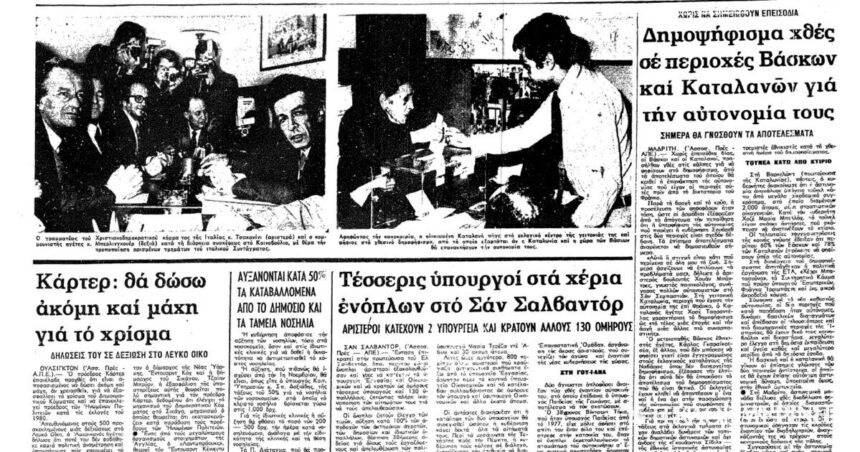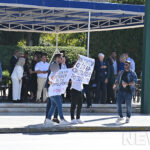After the death of the Spanish dictator Francisco Franco in November 1975, important changes took place in Spain. The duties of the country’s sovereign were assumed by King Juan Carlos, who was faced with the dilemma of maintaining the existing illiberal regime or granting freedoms to the Spanish people. Adolfo Suarez, who replaced Arias Navarro as prime minister in July 1976, moved in the direction of democratizing the country.
The common desire of the Spaniards to avoid another civil war contributed, among other things, decisively to the smooth transition to democracy. In October 1976, Suarez met with opposition leaders and a month later formally ended the dictatorship by promising to form a Constituent Assembly. In the referendum of 15her December 1976, the Spanish supported the changes in the political life of the country with an overwhelming majority (94%). In 1977, political parties were legalized, such as the Socialist led by Felipe González, and the Communist. The first free elections in 41 years were held on June 15, 1977. Suarez’s Union of the Democratic Center, a coalition of centrist and right-wing reformers, emerged as the first party in the elections, winning a majority of seats in the new Parliament.
In December 1976, the Spanish king attempted to appease the country’s separatist voices by announcing that the Basques and Catalans would gain the right to use their languages. It was an important step, since during the Franco dictatorship, the rights of the Basques and Catalans were being circumvented. “Phrases such as ‘Long live Catalonia’ risked imprisonment for anyone who dared to shout them, during the Franco era,” observed Kathimerini on October 6, 1977. Continuing, it said: “Catalan culture and dialect were forbidden and judged as those who wanted autonomy were criminals. Now, however, the Spanish Prime Minister Mr. Suarez has sacrificed another one of the “sacred cows” of the previous regime. […] The Catalans, more European in mentality than the Spanish, now have some of their freedoms. Perhaps another amnesty will be granted.”
The new regime of autonomy in the regions of Spain was approved by the referendum of 6her December 1978. Ten months later, on October 25, 1979, a referendum was held in the Basque Country and Catalonia, which would determine the decision for autonomy in these regions. “Under the new autonomy regime, the two regions that have traditionally been autonomous by virtue of royal decrees and turned out to be Spain’s richest and most industrialized regions, will have their own parliament and courts, greater control over public education and health, and a greater share from public revenues”, wrote “Kathimerini” the day after the referendum.
Regarding the freedom to use their languages, the newspaper said that “Basque and Catalan will become the official languages of the two regions respectively, which will also have an autonomous police force, but subordinate to the national police.”
Column editor: Myrto Katsigera, Vassilis Minakakis, Antigone-Despina Poimenidou, Athanasios Syroplakis






